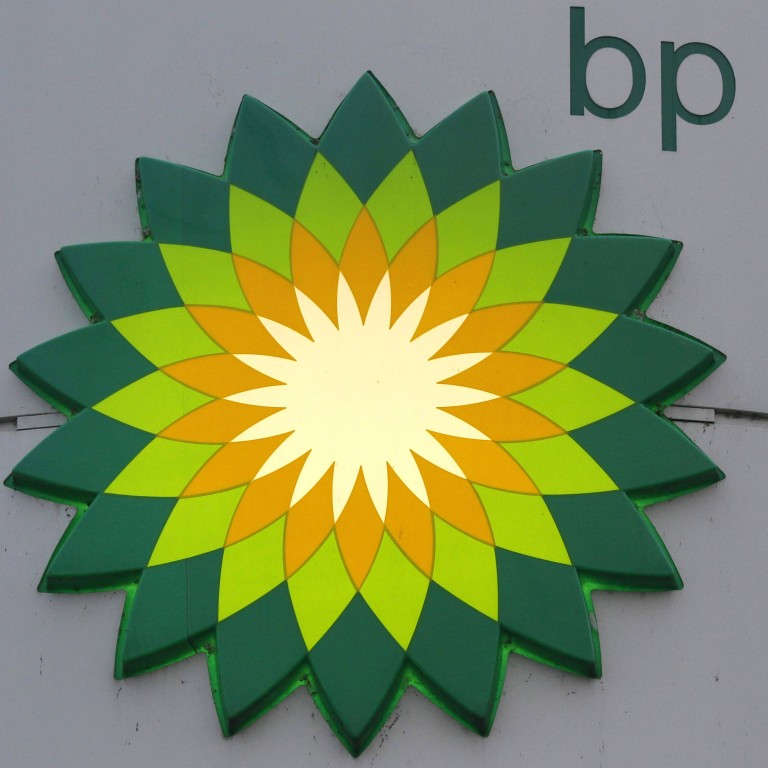
US regulator seeks US$29m from BP over natgas trading
US federal energy regulators have ordered BP to respond to allegations of natural gas market manipulation in Texas, threatening the energy company with fines near US$29 million.
The move likely sets up another major legal battle for the Federal Energy Regulatory Commission (FERC) as it steps up policing of power and natural gas markets.
In the order, FERC pointed to a two-minute recorded conversation between a BP trainee and a senior gas trader as evidence that BP bought and sold gas at a possible loss in the physical market in order to increase the value of BP’s derivatives position.
BP said the recorded call was “taken out of context.” The company will “vigorously defend against these allegations,” spokesman Geoff Morrell said in a statement. He said the charges were “without merit” and that BP stood by public statements issued in February 2011 that maintained that the gas traders did not engage in market manipulation.
The commission said BP has 30 days to pay the fine or contest the order.
FERC has another contentious legal case brewing with Barclays Plc, which last month vowed to fight a US$470 million fine for allegedly manipulating California power markets.
JPMorgan Chase settled a separate case for US$410 million last week.
FERC first notified BP that it was investigating the company’s trading in the Houston natural gas market about two years ago. FERC is seeking penalties of US$28 million and the return of US$800,000 in profits, plus interest, it said on Monday.
The proposed fine for BP is much smaller than others FERC has pursued over the 18 months of its crackdown on manipulative trading. Congress bolstered FERC’s enforcement power in 2005 following the California energy crisis and the Enron scandal.
BP paid US$303 million to the US Commodity Futures Trading Commission in 2007 to settle allegations the company tried to manipulate the propane market in 2003 and 2004. Since then, BP has clamped down on trader pay and oversight.
The FERC order said that the natural gas trading activity was reported to an internal BP compliance group established after the 2007 propane settlement. FERC said that while BP conducted an internal investigation, it had failed to take the probe “seriously” and had failed to collect “critical” trading data from the period.
Traders and executives have questioned whether FERC is focusing on trading practices that are less obviously manipulative than the Enron-era scandals of a decade ago, leading some to say it is unnerving many in the industry.
FERC alleges that BP’s traders used the company’s transportation capacity between two natural gas hubs in Texas, Katy and the Houston Ship Channel, in a manner that suggested BP was trading to benefit another position.
Going into September 2008, FERC said BP had positions that would rise in value if prices at the Houston Ship Channel fell relative to those at Henry Hub in Louisiana, the delivery point for the benchmark US natural gas futures contract.
When Hurricane Ike made landfall near Galveston, Texas, on Sept. 13, 2008, Houston Ship Channel prices plummeted as many small intrastate pipelines were shut in, resulting in lower-than-normal flows of gas out of the Houston region.
FERC said this meant the company’s position was suddenly worth millions of dollars, but only if Houston Ship Channel prices stayed depressed until the end of the month.
FERC said senior BP gas trader Gradyn Comfort, with the cooperation of two colleagues, Nesha Barnhart and Clayton Luskie, began selling physical gas at loss-making prices in the Houston Ship Channel around Sept. 18.
Because the alleged scheme appeared to be working, FERC said, the traders extended the trading strategy into November 2008.
To implement the plan, FERC said the traders “only had to expand their existing positions and exploit more of the (company’s) transport capacity, rather than justify an entirely new trading strategy to their supervisors.”
FERC said the “manipulative scheme” was discovered when Luskie was at a BP trader-training program in November 2008 and “tried to impress a senior BP trader by explaining the team’s scheme,” FERC said. Luskie had only worked for the firm since that August.
When the senior trader questioned the legality of their strategy, Luskie called Comfort, a trader with 17 years experience, on his number at the trading desk - a recorded line.
On the Nov. 5, 2008, recorded call, FERC said Luskie repeatedly asked Comfort for a legitimate explanation of the team’s physical trading.
“So how would you explain our, um, our dealings on (Houston Pipeline) and with our paper position that don’t make it sound like we’re manipulating the index?” Luskie asked Comfort, according to the FERC order.
Comfort’s initial reaction was to cut off Luskie’s questioning, FERC said. When pressed further by Luskie, Comfort made a few short statements, interspersed by long pauses.
Luskie subsequently called back on an unrecorded mobile phone circuit, FERC said.
BP denied its traders did anything wrong and said “FERC bases its allegations on a recorded two-minute phone conversation between a BP trainee and BP natural gas trader that the regulator has taken completely out of context.”
“The recording does not support any allegation of wrongdoing,” BP’s Morrell said. “In fact, the trainee involved in the conversation states that his characterisation was incorrect and the trader never agrees with nor condones the trainee’s statements.”
Despite Comfort’s repeated interruptions, FERC said Luskie’s statements on the recorded call were sufficient to provide staff with an outline of the traders’ scheme, which the underlying trade data confirmed.

